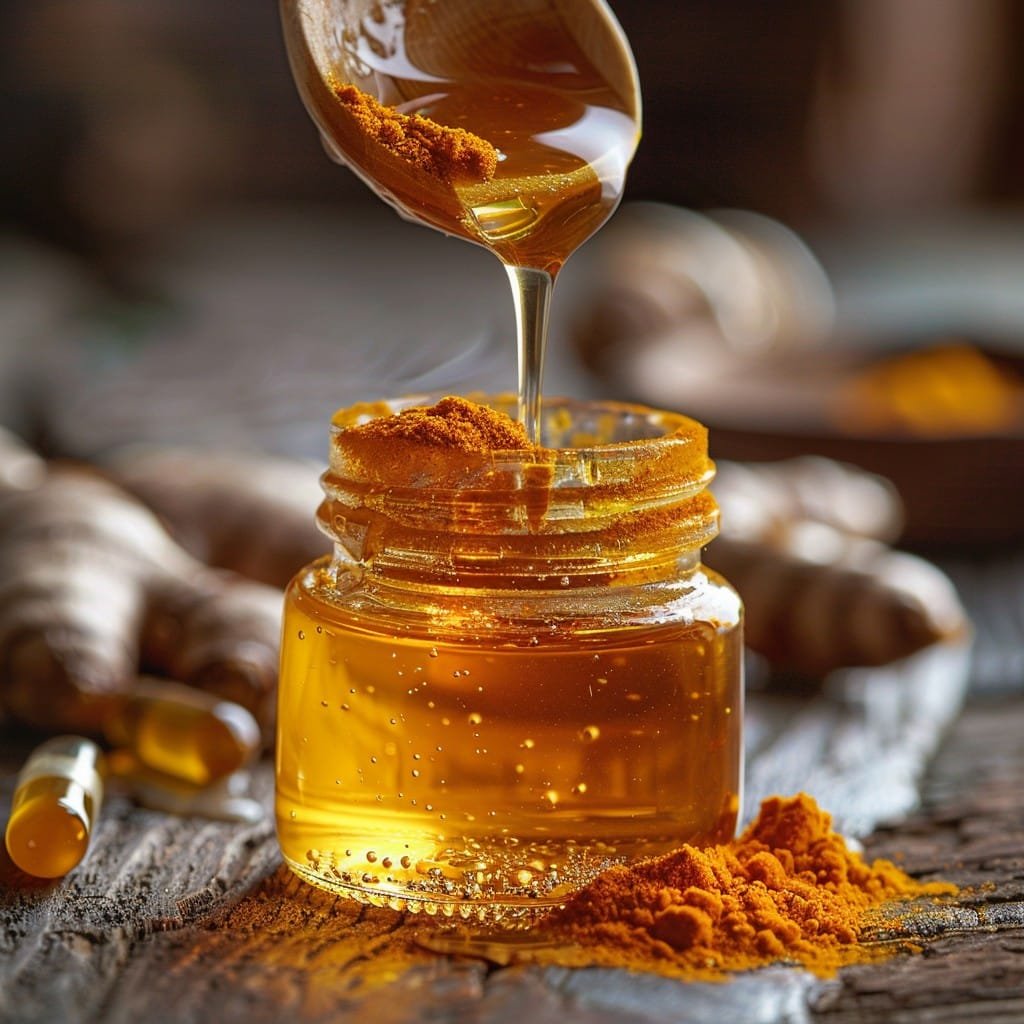In the world of fitness, most of the focus often lies on training and performance. However, what happens after your workout is just as vital, if not more so. Recovery nutrition plays a crucial role in optimizing your performance, repairing muscle tissues, and replenishing energy stores. Understanding and implementing effective recovery strategies can make a significant difference in your overall fitness journey.

Why Recovery Nutrition Matters
- Muscle Repair and Growth: After intense workouts, your muscles experience micro-tears. To recover and grow stronger, your body needs the right nutrients. Protein, in particular, is essential for muscle repair, while carbohydrates help replenish glycogen stores.
- Reducing Muscle Soreness: Proper nutrition after exercise can mitigate delayed onset muscle soreness (DOMS). Consuming anti-inflammatory foods and nutrients can help speed up recovery, allowing you to get back to your routine more quickly.
- Improved Performance: The benefits of recovery nutrition extend beyond just healing. A well-fueled body can perform better in subsequent workouts. Adequate recovery leads to improved strength, endurance, and overall athletic performance.
- Hydration: Rehydrating after exercise is crucial for recovery. Even mild dehydration can impair performance and prolong recovery time. Including fluids with electrolytes aids in restoring balance in your body.
Key Components of Recovery Nutrition
Macronutrients: The Building Blocks
Understanding how to balance macronutrients post-workout is essential.
- Protein: This nutrient is vital for muscle repair and growth. Consuming protein after exercise stimulates muscle protein synthesis, leading to faster recovery. Aim for about 20-30 grams of protein within 30-60 minutes post-workout.
Best Sources: Lean meats, fish, dairy products, eggs, and plant-based options like beans and legumes.
- Carbohydrates: After exercising, your body needs to replenish its glycogen stores. Consuming carbohydrates helps restore energy levels. A ratio of 3:1 carbohydrates to protein is often recommended for optimal recovery.
Best Sources: Whole grains, fruits, vegetables, and starchy foods like sweet potatoes and brown rice.
- Fats: While fats are not as crucial immediately post-workout, including healthy fats in your diet can help reduce inflammation and support overall recovery.
Best Sources: Avocados, nuts, seeds, and olive oil.
Timing Matters
The timing of your nutrient intake can significantly impact recovery. Consuming a meal or snack rich in protein and carbohydrates within 30-60 minutes after your workout is optimal. This period is often referred to as the “anabolic window,” where your body is primed to absorb nutrients efficiently.
Hydration: An Often Overlooked Factor
Hydration is an integral part of recovery nutrition. During exercise, you lose fluids through sweat, which must be replenished. Dehydration can lead to fatigue, muscle cramps, and a slower recovery process.
Hydration Tips:
- Before Exercise: Drink water throughout the day and aim for 16-20 ounces two to three hours before your workout.
- During Exercise: Consume 7-10 ounces of water every 10-20 minutes during your workout.
- After Exercise: Rehydrate with water or sports drinks that contain electrolytes, especially if your workout was intense or prolonged.
The Role of Micronutrients
While macronutrients receive much attention, micronutrients like vitamins and minerals also play a vital role in recovery. They support various bodily functions, including muscle contraction and energy production.
- Antioxidants: Vitamins C and E can help combat oxidative stress caused by intense exercise. Foods rich in these vitamins include berries, citrus fruits, and nuts.
- Electrolytes: Sodium, potassium, calcium, and magnesium are crucial for muscle function and hydration. Include foods like bananas, leafy greens, and nuts in your recovery meals.
Practical Recovery Nutrition Strategies
- Post-Workout Meals: Aim to consume a balanced meal or snack within the recovery window. Here are a few examples:
- Protein Shake: A blend of whey protein, a banana, and almond milk for quick absorption.
- Greek Yogurt Parfait: Layer Greek yogurt with granola and mixed berries for a satisfying recovery snack.
- Chicken and Quinoa Bowl: A hearty meal featuring grilled chicken, quinoa, and steamed vegetables.
- Listen to Your Body: Everyone’s recovery needs are different. Pay attention to how your body feels post-workout and adjust your nutrition accordingly. If you’re feeling fatigued, you may need more carbohydrates or fluids.
- Plan Ahead: Prepare post-workout snacks or meals in advance. Having ready-to-eat options on hand can help you stay consistent with your recovery nutrition.
Supplements: Do You Need Them?
While a well-rounded diet can meet most recovery needs, some athletes may consider supplements. Here are a few that can be beneficial:
- Protein Powders: Convenient for those who struggle to meet protein needs through whole foods.
- BCAAs (Branched-Chain Amino Acids): May aid in reducing muscle soreness and improving recovery times.
- Electrolyte Supplements: Useful for those engaged in prolonged or intense workouts.
Always consult with a healthcare provider or nutritionist before starting any supplement regimen to ensure it aligns with your individual needs and goals.
Read More: Protein-Rich Diet Tips for Seniors Staying Active
Conclusion
Recovery nutrition is a vital component of any fitness regimen. It is the bridge between effort and results, enabling your body to heal and improve. By focusing on a balanced intake of macronutrients, staying hydrated, and incorporating essential micronutrients, you can optimize your recovery, enhance performance, and ultimately achieve your fitness goals. Remember, your workout may end, but recovery nutrition keeps the process going. Invest in your recovery, and you will reap the benefits in your performance and overall health.








